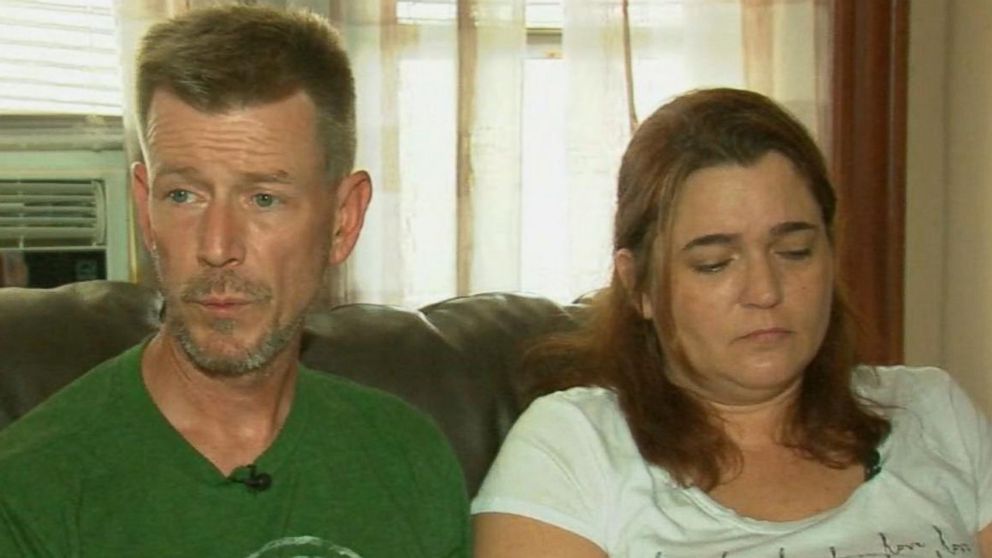Parents Say Teen Who Committed Suicide Said He Was Bullied for Years: 'I Gave Up'
He left behind a letter complaining that his school ignored the bullying.
— -- Two weeks shy of his 14th birthday, Daniel Fitzpatrick climbed into the attic of his family's home in Staten Island, New York, and hung himself with a belt.
Before he did, he wrote a letter. "I gave up," it read, his parents told ABC station WABC-TV in New York City.
Daniel was found dead late Thursday by his sister.
His parents told WABC that their son ended his life after years of torment at the hands of bullies at his school.
"I miss my son so much. It breaks my heart that it had to come down to this because he was such a good person," said Daniel's mother, Maureen Fitzpatrick. "I'm never going to hug my son again."
She choked back tears as she spoke. "I don't want to bury my son."

Daniel wrote a letter in early July that was never mailed, but was published Saturday by the New York Daily News. In it, he accused his school of not doing enough to stop other students from bullying him.
“They did it constantly,” he wrote in the letter about the bullies.
“I ended up fighting," he continued, "and got a fractured pinkie.”
Daniel's school, Holy Angels Catholic Academy in Brooklyn, is under the authority of the Roman Catholic Diocese of Brooklyn. Neither the school nor the diocese immediately responded to requests for comment by ABC News.
But Carolyn Erstad, a spokesperson for the diocese, recently gave a statement to the press that the school "loved Danny" and paid attention to his needs by providing counseling.
"They loved Danny, they cared about this young boy," Erstad said. "They sincerely believe that they did everything in their power to help him."
The U.S. Centers for Disease Control and Prevention (CDC) identifies bullying as a form of youth violence that "can result in physical injuries, social and emotional difficulties and academic problems."
Advocates say listening to children is extremely important in preventing bullying in schools, since it isn’t always obvious.
"Often times, as adults, we don't see what's happening,“ Julie Hertzog of Pacer's National Bullying Prevention Center in Minneapolis, told ABC News, “because it happens very covertly."




